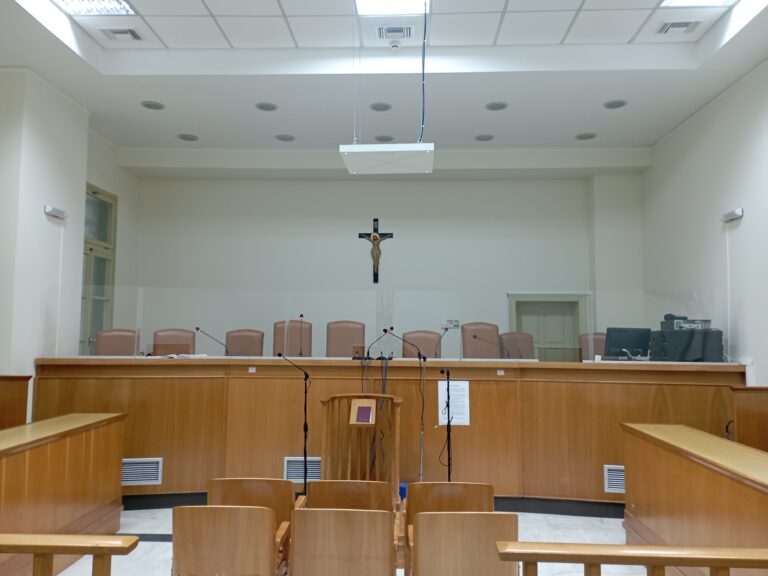by Peter Haresnape
The Algonquin First Nation of Barriere Lake is celebrating because mining company Cartier Resources, Inc. has suspended work on their traditional territory.
In March 2011, the Algonquins discovered ongoing copper mining exploration on their traditional lands. When they explained their opposition, the workers on site, mostly from Mistassini and Oujebougaou First Nations, stopped work and left.
In May, Barriere Lake’s Elder’s Council pledged to block peacefully any resource extraction without their “free, prior and informed consent” – a recently-affirmed right in the United Nations Declaration on the Rights of Indigenous Peoples (UNDRIP). Community members made clear at Cartier’s Annual Meeting that such consent had neither been sought, nor granted.
By June, the community invited observers including CPTer Colin Stuart to accompany their presence at the mining site. They discussed a long-term presence should a blockade become necessary to address Cartier’s ongoing exploration.
In July, Cartier announced they would suspend operations until 2013.
Barriere Lake spokesperson Norman Matchewan said, “The community applauds Cartier for respecting our wishes that no mining exploration or drilling proceed. The company is setting an important precedent by not moving ahead without the free, prior and informed consent of the community.”
Take Two
by Peter Haresnape
The Kitchenuhmaykoosib Inninuwug (KI) community is celebrating the overwhelming endorsement by community referendum of both a Watershed Declaration protecting Big Trout Lake, and a Consultation Protocol detailing the methodology the community will use in assessing development proposals on the rest of KI territory.
KI has had to defend its watershed against unwanted mining in the past. In 2008, its chief and five councilors were imprisoned for their role in peacefully blocking Platinex, Inc. from accessing mining claims there. After two months and a public outcry that eventually prompted revision of the Ontario Mining Act, the Court of Appeals overturned the six-month sentence and unconditionally released the six.
“First Nation leaders should not have to lose their freedom because of the Ontario government’s failure to properly consult and accommodate First Nations,” said Grand Chief Stan Beardy (Nishnawbe Aski Nation) on the release of the ‘KI-6.’
KI’s Consultation Protocol models how free, prior and informed consent assigns decision making power to those most affected. The test of government and corporate respect the United Nations Declaration on the Rights of Indigenous Peoples (UNDRIP) will be whether they honour the Consultation Protocol.
Take Three
by Rebecca Johnson
Members of Grassy Narrows First Nation (GNFN) have more than one reason to celebrate.
An independent forestry audit released in spring 2011 supports their longstanding concerns over the government’s management of the Whiskey Jack Forest, which includes their traditional territory.
The audit tracks how logging companies are abiding by regulations and produces action plans to rectify bad practices and poor results. Its primary message is that Ontario’s Ministry of Natural Resources (MNR) has not done enough to repair the damage caused by industrial logging or to help the forest heal.
CPT accompanied the GNFN’s blockade of a road used by logging trucks that began in 2002. In response to the audit, GNFN Deputy Chief Randy Fobister commented, “If you look towards our peaceful blockade, I think this justifies it, […] all we’re doing is protecting the land.”
In August, GNFN won a major legal victory in their more than decade-long battle to stop clear-cut logging in their traditional territory. The 300-page Ontario Superior Court decision finds that the Government of Ontario does not have the power to take away the rights in Treaty 3, including hunting, trapping and fishing, by authorizing development such as logging and mining.
GNFN leader Joseph Fobister, one of the plaintiffs in the case, said, “This is a victory for our people. We have struggled for many years to save our way of life in the face of uncontrolled clear-cutting which has contaminated our waters and destroyed our lands.”
This decision sets the stage for proper recognition and protection of the rights and way of life of the Anishinaabe people in Northwestern Ontario.



